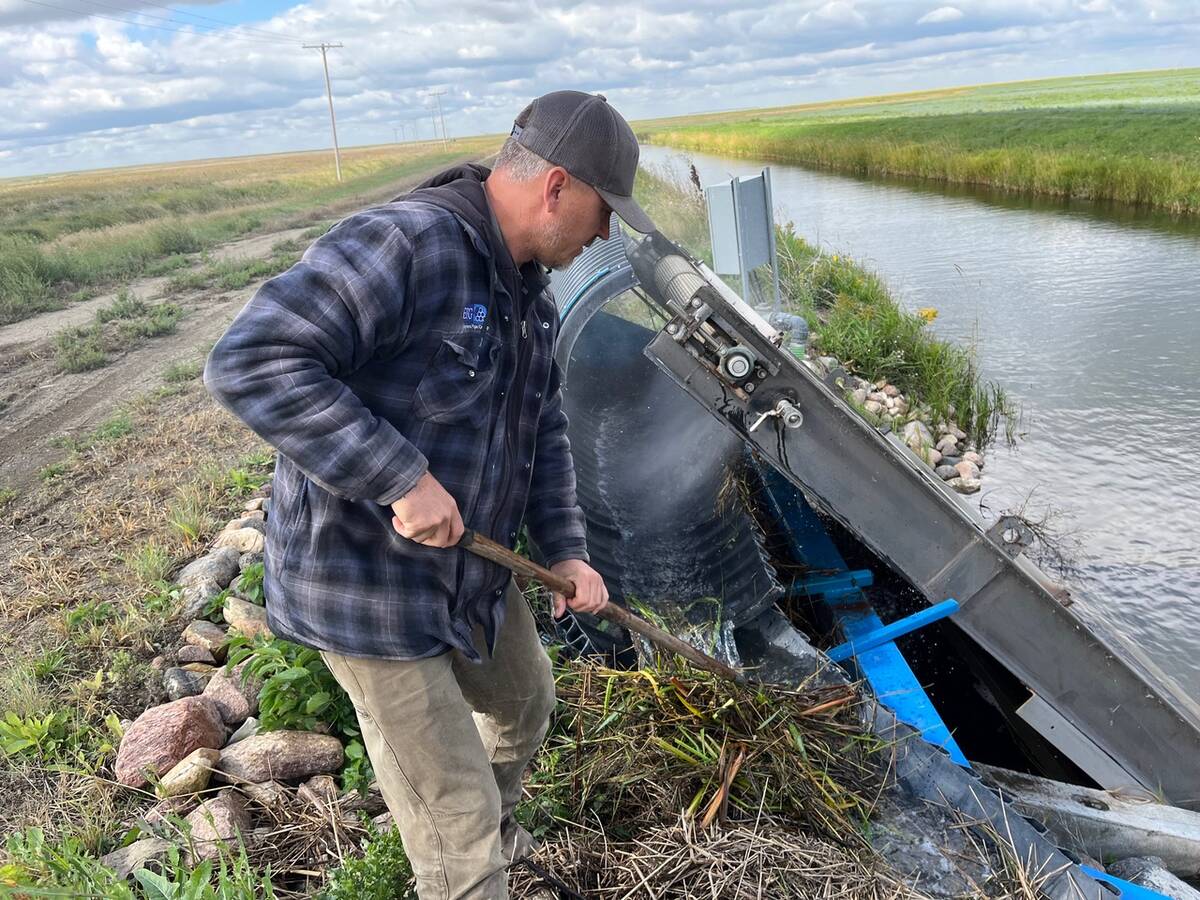WINNIPEG (Staff) – Ironically, puppy mills have begun to flourish in Manitoba because of federal regulations that all but shut out puppies from U.S. mills. James Neufeld, head veterinarian in Manitoba, said local mills have sprung up to fill demand.
Neufeld will help head up a committee of concerned experts who will recommend regulations or legislation to prevent puppy mills. Harry Enns, Manitoba’s minister of agriculture announced the committee after 129 dogs were seized from a mill near Steinbach, Man., recently.
Right now, two acts under the agriculture department’s wing state that people must provide adequate food, water and shelter to animals they own.
Read Also

Saskatchewan farmer uses tile drainage to manage water
The integration of both irrigation and tile drainage results in higher yields, water efficiency, improved soils and less nutrient runoff, says one producer.
If vets or humane society inspectors find signs of neglect or cruelty that they can document, the owner can face charges.
Neufeld said one problem with current legislation is that the maximum penalty is $500, and most convictions are for fines of between $200 to $300.
Meanwhile, the cost for time and effort of inspectors to build the case can cost up to $5,000.
“It just doesn’t seem to be logical,” Neufeld said.
The committee will look at a code of practice for kennels drafted by the Canadian Veterinary Medical Association and to other groups for guidance in its recommendations, said Neufeld. It may also look at legislation in other provinces.
Neufeld said the code of practice provides a checklist of acceptable conditions, including such details as the size of cage to be used for given size and weights of animals.
Stresses cleanliness
The document also stresses cleanliness, meaning that kennels can’t be established “in an old hog barn where you can’t wash the floors, for example,” Neufeld said.
He wants new regulations to deal with broader problems than those of puppy mills. He said he thinks the committee should develop a set of “comprehensive” recommendations to cover boarding kennels, pet stores, non-registered breeders and other pet operations.
















